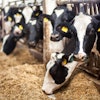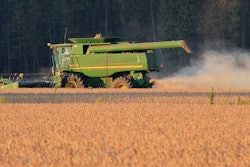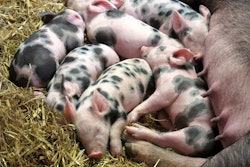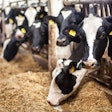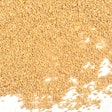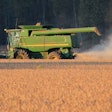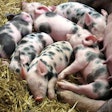
Agricultural producers’ sentiment declined for the second month in a row during September as thePurdue University-CME Group Ag Economy Barometerfell 9 points to a reading of 106.
Producers expressed concern about both their current situation as well as future prospects for their farms.
The Current Conditions and Futures Expectations Indices both declined 10 points in September leaving the Current Conditions Index at a reading of 98 while the Future Expectations Index stood at 109.
Weakening prices for major crops and ongoing concerns about high production costs and interest rates weighed on producers’ minds this month. September’s declines left all three indices below year-ago levels.
Producers continue to point to high input costs as a top concern for their farming operations in the year ahead, with nearly one-third of respondents in this month’s survey saying that it’s their number one concern.
Nearly tied for second place this month were rising interest rates, chosen by 25% of respondents, and lower crop and/or livestock prices, chosen by 22% of farmers in this month’s survey. The percentage of producers choosing lower crop and/or livestock prices has increased since the beginning of the year when just 16% of producers cited it as a top concern.
Cover crop perspectives
The September survey included several questions posed to corn and soybean growers to learn more about their perspective on cover crops.
Just over half (52%) of the corn/soybean growers said they currently plant cover crops on a portion of their acreage. However, of this group, nearly half (47%) of them said they used cover crops on no more than 25% of their acreage.
Among those who reported having used cover crops, 41% of respondents said they had used cover crops for five years or less, while 14% said they’ve been using cover crops for more than 20 years.
The top two reasons cited by cover crop users for planting cover crops were improves soil health and improves erosion control. Farmers who tried planting cover crops and chose to discontinue their use pointed to varied reasons for dropping cover crops from their rotation, including saying it was not profitable, followed by hurts crop yields, insufficient soil benefits, and a lack of resources to plant cover crops.
Interestingly, just over half of producers who discontinued planting cover crops said there were “other” reasons for not planting cover crops in addition to those provided in the response list.

